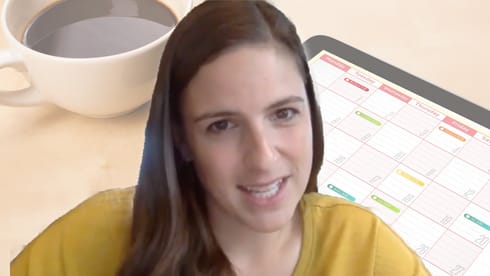
Virtue is generous.
A classical education is an education in the liberal arts tradition; it is a liberal education.
A liberal education is for a free man, yes, and helps to make a man free – it is a liberating education – but what is a liberal education?
Here’s Webster’s dictionary:
a liberal education: wide-ranging, broad-based, general.
and other definitions of liberal include generous and broad-minded.
So how you
But we, believing that the normal child has powers of mind which fit him to deal with all knowledge proper to him, give him a full and generous curriculum.
Sometimes, on both the classical and Charlotte Mason side, her emphasis on a “full and generous” curriculum is seen to be at odds with classical education’s multa non multum principle. However, they are merely two sides of the same coin. What the ancient educators wanted were the best books rather than every book, and explicitly warned against specialization.
Classical education is, and always has been, focused on being a liberal education – a freeing, broad-based, generous education. What Charlotte Mason wanted was to make a liberal education available to all and doable for mothers and teachers.
So, perhaps we should speak more of seeking a liberal education than a classical, yet it is the stream of classical thought, through the church fathers, through the middle ages, flourishing in the Renaissance, decaying in the early modern period and reviving in the current day that has kept up the Great – broad-minded, wide-ranging, deep – Conversation.
Let’s join in ourselves.
Education for wisdom must be broad
Clement, throughout his defense that the classical philosophers still hold value for Christians, echoes a theme again and again: true education is generous, wide – it is made from a varied diet.
The ant at the time of harvest lays up an ample and varied store of food against the threat of winter. Go to the bee and learn her diligence. For she feeds over the whole meadow to produce a single honeycomb.
In farming or medicine, the expert is the person who has grasped a wide variety of lessons to enable him to become a better farmer or doctor. So here I affirm that the expert is the one who brings everything to bear on the truth.
Here we have a refutation of those who think piety comes by practicing piety alone – all we need is character training – forget the broad fields of knowledge available to us. No, the only way our character and piety are not only formed but strengthened is when we are liberally educated.
We approve of the sea captain who has had plenty of experience and has visited the cities of many peoples, and the doctor who has treated many patients.
And the point is, of course, knowing & defending truth in our virtuous piety.
Anyone who brings every experience to bear on right action, taking models from Greeks and non-Greeks alike, is a highly skilled hunter of truth.
Education turns us into highly skilled hunters of truth. Clement even lays out subjects of study:
He culls whatever is useful from mathematics, the fine arts, literary studies, and, of course, philosophy, and protects the faith from all attacks.
And why do we do this culling?
For the preservation of a good diet of education forms virtuous natures.
Yes, the point of the wide learning is not to produce a know-it-all, but to lead us into wise virtue.
We admit that it is easier and quicker to track down virtue if we have a preliminary education.
And though the banquet of learning is wide and generous, there is a deep commonality and connection tying them together within us: skilled use of language, of words, for thought is expressed in words. To be virtuous and wise and understand the truth, you must be skilled in words – and that skill comes through wide experience in knowledge of all kinds.
By “rich in thoughts” he means one who is fluent in the use of words, by “inspired” and “vocal” he means one who is skilled, wise, and knowing of truth.
As Stratford Caldecott put it in Beauty in the Word:
The key to wisdom is to understand the unity or interrelationship of all human knowledge, which is where the liberal arts come in.
Let us seek education that we might be skilled in and knowing of truth – virtuous and wise.

Setting your mind on truth is an intentional, deliberate action we need to take every day.
This attitude alignment cheat sheet will help you
- keep truth forefront in your mind
- pray relevant Scripture
- choose a cheerful attitude



